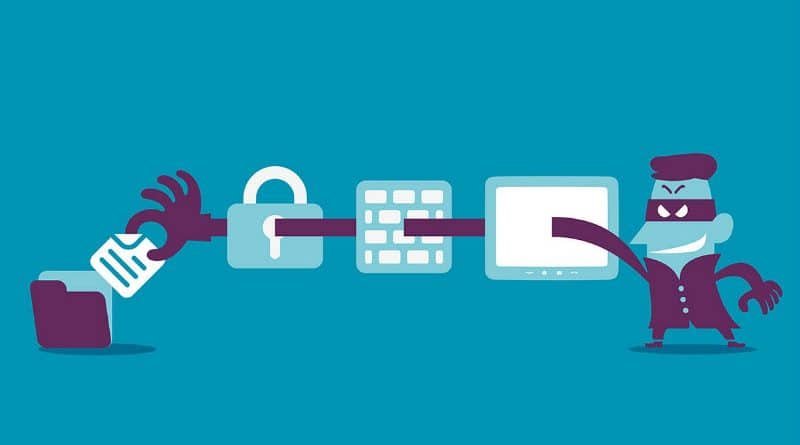
Top 10 Tips on How to Protect Yourself from Malware
Being infected with malicious malware is not just annoying, it can compromise the valuable data that resides on your computer. The first time my computer got infected with malware, it completely destroyed all my data. That was despite me having antivirus software on it. Needless to say, I very quickly understood the damage that malware can do – and if it can happen to me, it can happen to you!
What Is Malware?
Malware is malicious software that can compromise your computer. Hackers can use it to steal, encrypt and delete your data. They can also include hijacking functions and even bypass access controls.Malware can be delivered physically (through a connectable device) or via the internet. Most malware is annoying but mainly harmless. However, there is also a range of highly dangerous malware out there. While you can detect and remove malware efficiently, prevention is always the smarter option.
Types of Malware
Malware includes many different types of harmful software: computer viruses, worms, Trojan horses, hijackers, rootkits, ransomware and spyware.
Viruses are the most common types of malware. They can spread and infect other files or software.
Worms can replicate themselves without any interaction.
Trojan horses look like legitimate software, but after installation they start executing their malicious functions.
Hijackers modify internet browser settings, such as homepage and other default settings.
Rootkits are created to hide the fact that an operating system has been compromised.
Ransomware locks up a computer until the user pays a ransom.
Spyware collects sensitive information and data from users.
10 Effective Tips to Protect Yourself
1.) Be aware of possible threats
Being aware is perhaps the most important factor when it comes to avoiding malicious attacks.Be suspicious of shortened links and downloaded files, even when they arrive by email. Remember: threats can be found where you normally wouldn’t expect them.
2) Update and scan your computer regularly
By updating your computer, you increase the chance of avoiding infection. Make sure your computer’s hardware, operating system, browser, firewall and other software is up to date. Be sure to remove old, unused software as well.
3) Use reliable antivirus and anti-malware software
This is one of the most basic steps in keeping your computer clean and protected. While using strong and well-designed antivirus and anti malware software isn’t enough to protect you in and of itself, doing so means you are far more likely to efficiently detect and remove malicious software.
4) Be cautious of suspicious emails
Don’t open or download any links or attachments without scanning them first. It’s as easy as that! Don’t be lazy – always be skeptical and you will be less likely to get infected.
5) Scan external drives before connection
You never know if a device has been infected, so scan it before connecting it to your computer or opening any files from it. I’ve personally had more than one experience of a connected device immediately compromising my computer. Use good antimalware software to ensure that you scan everything you connect to.
6) Think twice before you install software
If you don’t absolutely need a piece of unauthorized software, don’t install it. Always download software from reliable websites with good reputations.Simple steps like reading reviews and double checking the source can keep your computer safe.
Read –How to Monitor Facebook Chat on your Teen’s Android Cell Phone?
7) Keep your network secure
Try to avoid public unsecured WiFi connections. Use only WPA/WPA2 encrypted networks. Set up a VPN service to keep your online activities private and secure. Establishing DNS protection can also be an effective way to maintain security.
8) Keep sensitive information safe
Keep your sensitive information well-organized and never deploy any of it on online platforms. Be careful when you give out information on social media sites – it’s not uncommon for hackers to use social engineering to access accounts that haven’t been properly secured.
9) Use strong passwords
Use a long password with uppercase and lowercase letters, plus numbers and symbols. This decreases your chance of being hacked.Try to use randomly generated passwords with no logical connection between the characters. Never ever use the same or even a similar password on two different sites. You can manage your passwords through a vault, which stores your login information. Thus, you only have to remember a master password.
10) Make your data backup-ready
Always prepare for the worst. Even when you think your computer is safe, you can never know what might happen. Backing up your clean data is always a good idea. That way,whatever happens you will always have access to it.
Read More –How Mobile Technology is Changing Every Year?
Prevention Always Wins
As you can see, these tips are based on prevention. By implementing these simple but effective steps, you’ll be able to prevent your computer from malware attacks and keep your data safe.








